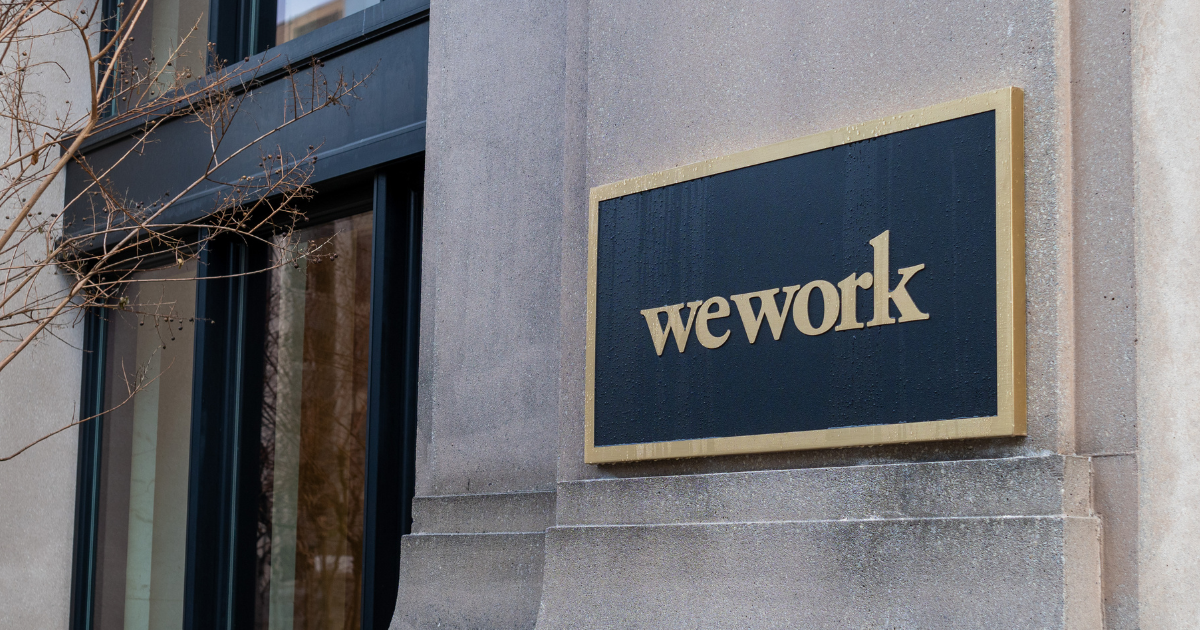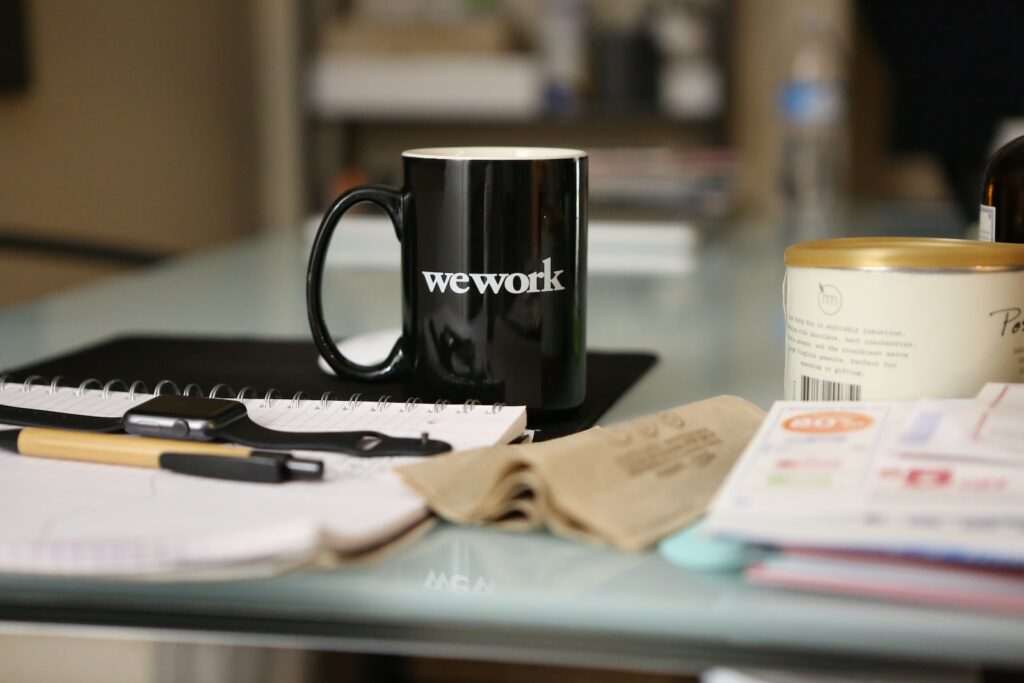
©David Tran via Canva.com
History of WeWork and Investor SoftBank Leading Up to Bankruptcy
November 9, 2023
The commercial office leasing business WeWork declared bankruptcy this week. It reported $19 billion in debts against $15 billion in assets. Prolific investors like SoftBank Group Corp. and the Vision Fund are set to incur substantial additional losses on the venture.
The filing also disclosed a $432 million loan from SoftBank to co-founder Adam Neumann, backed by his now-nearly worthless WeWork stake.
SoftBank, the Japanese giant led by billionaire Masayoshi Son, stands to incur an estimated $11.5 billion in equity losses from WeWork’s bankruptcy. An additional $2.2 billion in debt is also at risk.
The bankruptcy proceedings are projected to stretch over several months and will determine how the company’s remaining assets are divided among creditors. Preliminary court documents indicate that billions of dollars of the company’s debt will be restructured into equity. In contrast, virtually all shareholders and subordinate bond owners will be completely written off.
WeWork History Prior to Bankruptcy

According to The Indian Express, WeWork’s bankruptcy “offers valuable lessons.” Startups need appropriate governance practices and organization capital from the beginning, and they must “be careful about the choice of business model” and “ensure proper checks and balances around the CEO.”
In January 2019, the New York startup achieved a post-funding valuation of $47 billion, thanks to $10 billion in funding from the SoftBank Group, making it one of the “most valuable non-public companies in the world.” The firm was at first focused on creating co-working spaces for startups, businesses, and freelancers, but it then rebranded as the “We Company,” expanding its services to include residential real estate and education.
Despite having no history of profitability, WeWork aspired to go public and filed for an IPO in April 2019. However, the disclosure of concerning business details in its “S1” prospectus led to a response of severe skepticism from potential investors, prompting a withdrawal of the IPO.
After a SoftBank Group takeover, WeWork restructured its operations, installed a seasoned real estate executive as CEO, and implemented cost-cutting measures, including sizeable layoffs. Despite the pandemic’s adverse impact, the company navigated the crisis by focusing on flexible workspace offerings and larger corporations’ needs. In 2021, the firm finally achieved public status by merging with a Special Purpose Acquisition Company (SPAC), a less demanding route than an IPO.
Unfortunately, WeWork continued to struggle after going public, with its core business running at a loss, ultimately leading the company to file for bankruptcy on Nov. 6.
Recent News
Kentucky Derby Celebration Spots in Las Vegas and Goldbelly Home Delivery
Las Vegas, though miles away from Louisville, gears up for the Kentucky Derby with a range of special offerings. From viewing parties to themed cocktails, the city joins the celebration of the sesquicentennial Run for the Roses. If you’re a resident of Kentucky, you can get Ready for the Kentucky Derby with Goldbelly.
New Nintendo Theme Park to Open in Orlando
It’s set to open in 2025.
Novo Noradisk Announces $6B Investment in Ozempic, Wegovy Amid Shortages
The money will help meet increased demand for the drugs.
EV Battery Tax Credit Rules Change in the US
The U.S. government has made some tweaks to electric vehicle (EV) tax credits, possibly paving the way for more EVs to qualify for credits of up to $7,500. These tax credits range from $3,750 to $7,500 for new EVs, with a $4,000 credit available for used ones.

